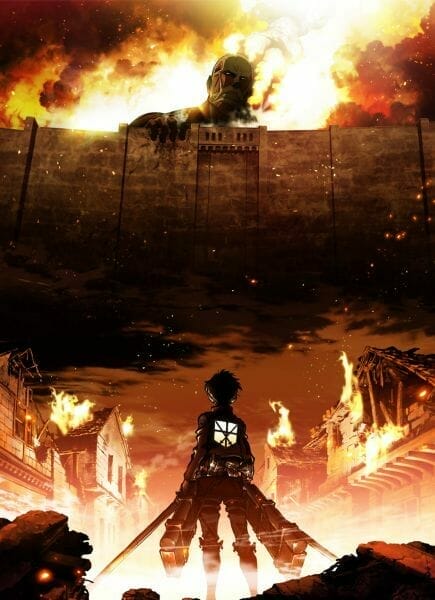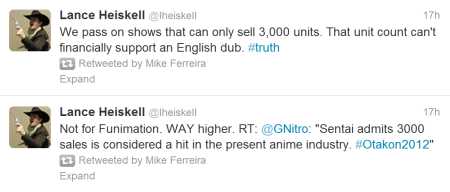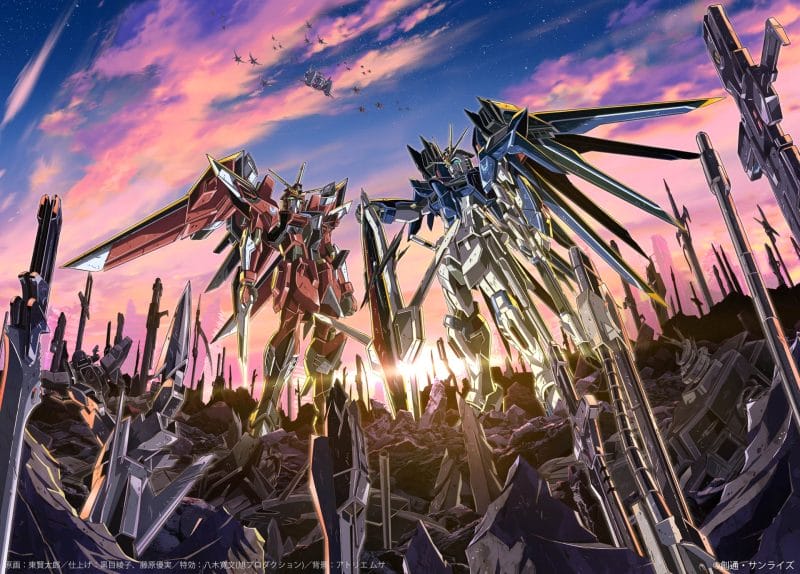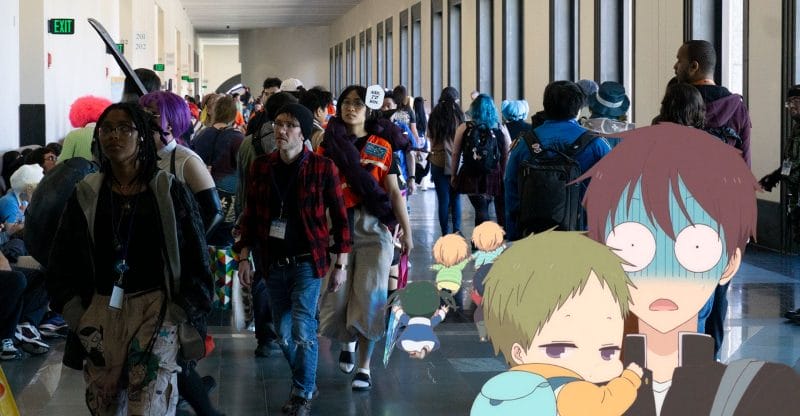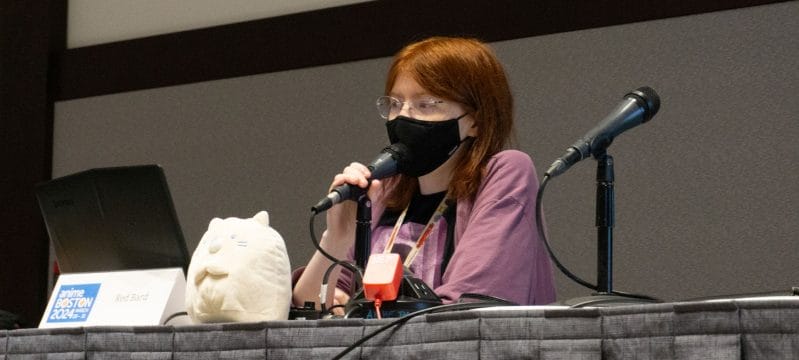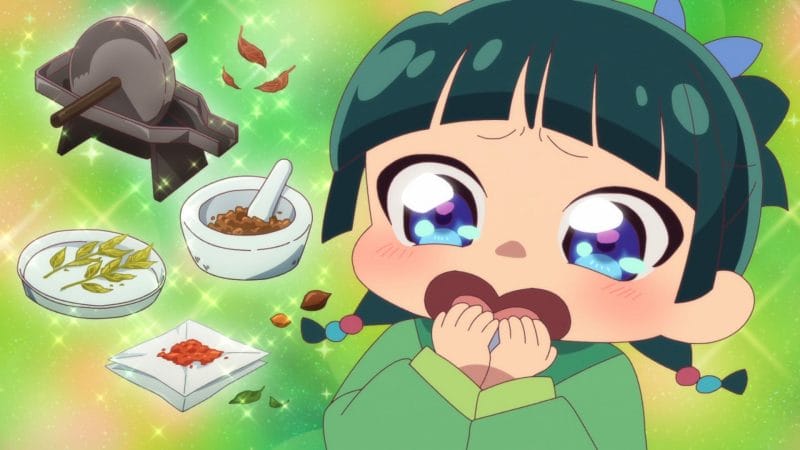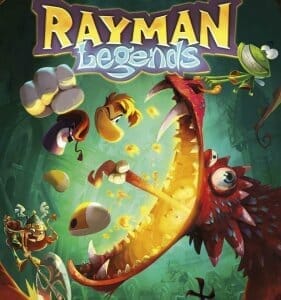 As many of you know, I’m a person that has a keen interest in the goings-on of various industries, from anime to electronics, to even video games and cartoons. And, every so often, a situation arises that’s so compelling, so incredibly fascinating that I can’t help but find myself following with an almost breathless interest. These special cases aren’t unlike a good novel, riddled with twists, turns, and misdirections, as everything races toward its inevitable conclusion. Tonight, I’d like to take a look at the latest of these cases: Rayman And The Long Delay.
As many of you know, I’m a person that has a keen interest in the goings-on of various industries, from anime to electronics, to even video games and cartoons. And, every so often, a situation arises that’s so compelling, so incredibly fascinating that I can’t help but find myself following with an almost breathless interest. These special cases aren’t unlike a good novel, riddled with twists, turns, and misdirections, as everything races toward its inevitable conclusion. Tonight, I’d like to take a look at the latest of these cases: Rayman And The Long Delay.
As a matter of full disclosure:
- I hold no stock in any of the companies represented
- I have no vested interest in the outcome of this situation
- I have no acquaintances or information that may be considered proprietary to the case
With that out of the way, let us begin with a bit of a history lesson.
On April 27, 2012, a trailer for upcoming WiiU game Rayman Legends was leaked onto the internet. The trailer, came as a surprise to many, as it displayed, among other things, the touch-screen and motion inputs of the Wii U controller, as well as potential uses for the controller’s NFC features.
Shortly after its release, Ubisoft confirmed the authenticity of the trailer, with the following statement:
“An internal video showing images of Rayman Origins’ sequel has leaked over the Internet. This video was intended as a purely internal demonstrative video, and in NO way represents the final game, the final console or their features. This video was destined for internal production teams who often create game prototypes with work in progress development kits. Ubisoft confirms the development of Rayman Legends handled by Michel Ancel and his team in Montpellier.”
The announcement came and went, with little commentary, mostly an assortment of general excitement from the dedicated audience that quickly quieted, as people shifted their attention to E3. At E3, the title was highlighted as a third party feature during Nintendo’s presentation. It was again re-iterated that Rayman would be a launch title. The confirmation was a bright point for those watching, as the conference was generally panned for being lackluster.
As the months went on, and demo kiosks began to roll into stores, Rayman was the sole title playable amongst nearly a dozen screenshot montages and video adverts. As the launch date for the WiiU approached, though, it became clear that the system wouldn’t make it to launch day. Ubisoft issued a statement stating that the title was indeed delayed to the nebulous “first quarter of 2013.” When asked about the delay, the stock answer was as follows:
We’re happy that fans are excited about the game, and we are taking the time to make sure we deliver a game that lives up to and hopefully exceeds their expectations,
By December, a final release date of February 26.
“Sigh! Are we done yet?”
Almost, dear reader. This is a rare case, where, to understand the incredible enormity of a marketing gaffe, one must hear the story from the beginning. Anyway,back to our story, and the build-up to our case study.
After Christmas, WiiU owners were greeted with, well, a barren wasteland. The release calendar, while large at launch date, was almost completely barren in January and February, 2013. Sales for the console plummeted, the usual “doom and gloom” chatter began to arise, and Nintendo’s stock fell to lows not seen since the early 2000s. The situation was bad enough that president Satoru Iwata hosted a special “Nintendo Direct” video conference, in which he offered a personal apology for the lack of software, and presented a series of new and previously-announced titles that were to be released through 2013 (and possibly 2014). While this was enough to put many customers at ease, it certainly did little to alleviate the severe shortage of games in the short run. For many, Rayman was beginning to look like the one title that would provide relief from the early year lull.
On February 6, IGN Nintendo editor Rich George tweeted that “interesting” news was incoming for WiiU owners on the seventh. This was quickly scooped by message board NeoGAF, who noted that George previously used the exact same wording to announce that niche 3DS title Project X-Zone would be localized. So, seeing the connection, they immediately began speculating what crazy last-minute reveal could be announced.

On the next day, though, the situation changed from one of jubilation to one of anger and outrage. It turned out that George’s hints pertained to a forthcoming announcement by Ubisoft, which would provide both insult and injury. The injury came in the fact that Rayman was being shifted from its exclusive status, to a multi-platform product that would appear on Microsoft’s XBox 360 and Sony’s PlayStation 3. The insult came in the announcement that, rather than ship the product as advertised on February 26, the WiiU version would be pushed back another seven months, to September so that its release would align with the other two versions. The official statement was as follows:
When we saw all the comments when we announced the game would be focused on Wii U, all of the people that have both the PlayStation 3 and 360 were really disappointed. So we thought it was making more sense to also bring the game to where it was originally from. That means Xbox 360 and PlayStation 3. So we decided to go for a multiplatform launch simultaneously.
“Groan… are we DONE YET!”
Yes, dear reader. Story time is done. Now, we get to examine the fallout of the situation.
Immediately afterward, Ubisoft saw an immediate, incredibly negative reaction from every outlet that would allow feedback. their forums, their Facebook page, and even the UPlay section on Nintendo’s Miiverse were bombarded with irate responses. People were outraged that a (presumably) finished product that they paid for would be delayed just so that it would not hit market before the other two versions. Their voices grew louder and surlier, as Ubisoft’s representatives openly admitted that the WiiU game was indeed finished, and that “the only reason for the delay is to release on multiple platforms.” As the news hit, the posts and reactions continued. Editorials and open letters on major gaming sites were published, and people began sounding the cries of “boycott” openly on Ubisoft’s Facebook page. Cancellation confirmations were posted in the comments, as petitions to get the game on its promised release date were cycled and gaining steam among customers.
All goodwill that the company had gained from the game was lost. What would have been a fairly normal release quickly became the biggest PR disaster since the Motrin Moms incident. The company’s dismissive attitude, and blatant disregard both customers and their intelligence created a backlash that would resonate not only with WiiU owners, but also with platform commandos who would normally revel in the misfortunes of those they deemed “the enemy.” They saw, for the first time, that a company legitimately did not care about their audience – that they would drop customers, delay products, and walk away from their own obligations to their customers at the drop of a hat if even the slightest chance for potential further profits presented itself. For the first time, everybody realized that, whether one owned a Nintendo, a PlayStation, or an XBox, this was a time in which they were all little more than walking wallets for a faceless corporation. Most important of all, though, these people all saw that a group of customers that placed their money and faith behind a product, was being mistreated by the company and it would be a matter of time before they were next.
In the midst of this, comments from a member of the development team arose, which stated that they were equally as angry as the customers. They had been working in “crunch” mode (release rush – long hours, no actual time off permitted) for six months, so that the product would be finished for its February release. And, with the XBox and PS3 versions due around the corner, it would be likely that this situation would occur again as they ported the game to these two platforms.
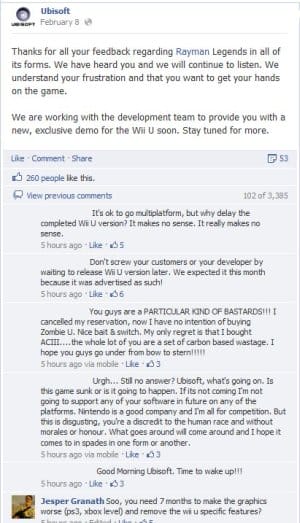 On February 8th, Ubisoft attempted to offer an olive branch to the WiiU owners it wronged. Their Facebook page was updated with the following message:
On February 8th, Ubisoft attempted to offer an olive branch to the WiiU owners it wronged. Their Facebook page was updated with the following message:
Thanks for all your feedback regarding Rayman Legends in all of its forms. We have heard you and we will continue to listen. We understand your frustration and that you want to get your hands on the game.
We are working with the development team to provide you with a new, exclusive demo for the Wii U soon. Stay tuned for more.
While the company expected this would placate angry potential customers, it had the opposite effect. The page was quickly bombarded with thousands of enraged comments, as readers expressed utter shock at the company’s gesture. They knew the product was done, and ready to go. They knew that it should be on store shelves in two weeks. But instead, these customers would need to be placated with a mere demo – a promise of what would appear in the final product. Many saw it as a slight to their intelligence – that Ubisoft would figure a demo would make thousands of angry customers just pack up an go away. Others were incredulous at the fact that Ubisoft would make the staff create yet another demo, which would slow production and lead to more forced crunch time for an already overworked team. As of this article, the count stands at 3,385 comments, almost all of which are angry, and several include threats to cease all purchase further products from the company.
The entire situation came to a head today, when Rayman creator Michel Ancel, appeared in several photos as he stood in solidarity with a group of people protesting Ubisoft Montpelier for the company’s decision.
Since the 8th, though, Ubisoft remained silent.
The entire situation proved to be a public relations disaster for Ubisoft. The company wasted much of their goodwill with their customers when they delayed the title the first time. The second delay, and the simultaneous porting announcement proved to be the straw that broke the camel’s back. That the company would announce the two and not expect people to put two and two together spoke volumes of the company’s respect for its customers’ intelligence. Their willingness to state the exact reasons for the delay said more about their respect for the average paying customer. Customers didn’t care that the game was going to be released elsewhere – this seemed apparent from day one. However, the fact that it was delayed so severely, and that the company was so open about its logic proved to be what forced the market from quiet, griping resignation to outright vitriol and anger.
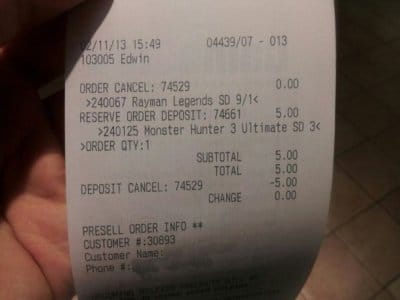
In short, this was a rare moment of honesty in the video games industry. The curtain was pulled back, and many saw just how much the company appreciated their business, and their dollars. The developers’ turns against the company to continue the narrative, and the disastrous handling of the situation by Ubisoft itself simply added fuel to the fire, and allowed consumer rage to spread and grow. As of now, the narrative tells of a company that would sell out its fans, crush its staff, and do so with a condescending smile and head pat to those who have legitimate gripes. Every second that Ubisoft remains silent allows the masses to further solidify this image, and present its case to the world at large.
Of course, I doubt that anything short of an official apology and a full release of the game would do much for the masses at this point. The damage has been done. Many have gone from adoring Ubisoft to outright loathing them, and a number of customers will be simply unreachable going forward. At this point, the company can only hope to salvage its situation, and hopefully earn a modicum of its reputation back from the gutter in which it currently resides. At the moment, though, all we can do is watch and see how this evolves. And for this, I say “get some popcorn: this is going to be a hell of a show!”



